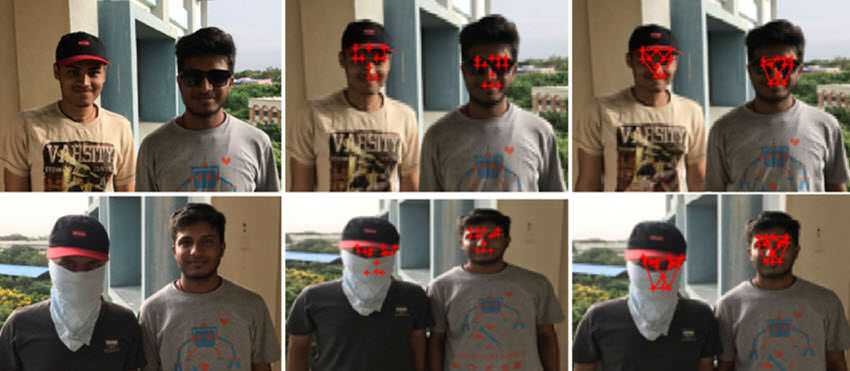Israeli company raises $ 5 million to develop face mask recognition.

Israeli company Corsight AI is already working on a technology to identify people hiding behind a mask, glasses and plastic shields. It recently raised $ 5 million by Awz Ventures, a Canadian company that focuses on technologies information and security.
Η Corsight stated that it would use the funds to commercialize the technology and continue its development.
A similar technology was announced in March by Hanwang Technology Ltd of China, which had stated that it owns a technology that can recognize people when they wear a mask, as is done today because of the coronavirus.
Corsight, according to Reuters, said it offers one system αναγνώρισης προσώπου ικανό να επεξεργάζεται πληροφορίες που έχουν ληφθεί από βιντεοcameras and can face the difficulties that arise when a large part of the population moves with the face partially covered.
According to the company, the technology can be used to issue notifications to people who violate the quarantine and have gone out in public places, while covering their faces with masks. If a person is found to have COVID-19, the system can quickly compile a report of people who were close to the sick person.
Corsight said it has permanent systems in European airports and hospitals, Asian cities, South American police and border crossings, as well as African mines and banks.
Tel Aviv-based Corsight was founded in late 2019 and employs 15 people. It is a subsidiary of the Cortica Group, which has raised over $70 million to develop artificial intelligence technology intelligences.
All this to know what the future brings us.





